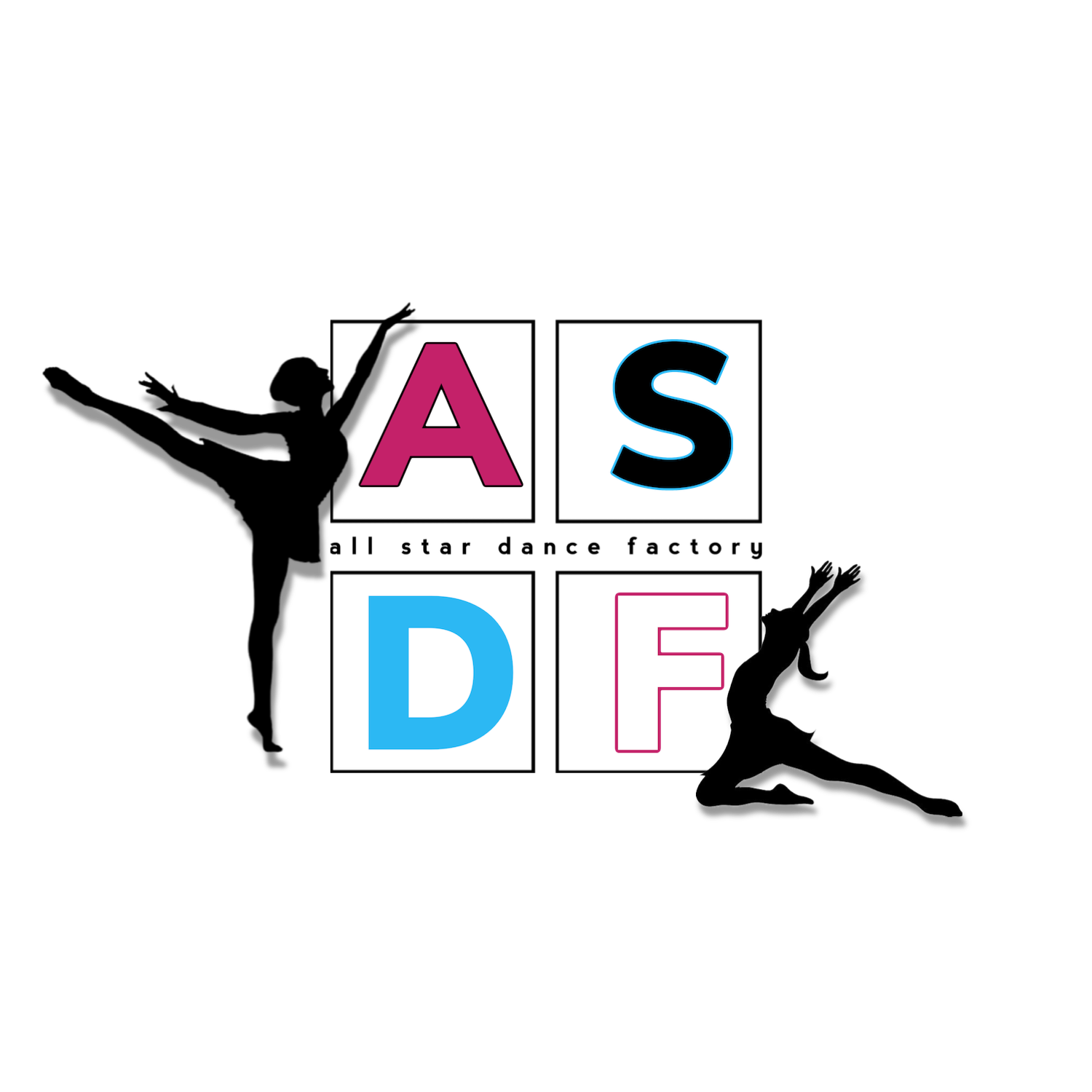4 Things Every Parent Should Know Before Choosing A Dance Studio
If most dance studios seem to have qualified, friendly teachers, experience teaching
children and a big show at the end of the year, aren't they all pretty much the same? No.
Does it really matter which Dance School you decide to enroll at? Yes.
There are 4 main things that can make a huge difference in the quality of instruction your child receives, the amount of extra work and challenges the parents must deal with and the overall enjoyment and satisfaction of being involved with a dance program. Here are 4 things that every parent should consider before deciding which dance studio is right for their child.
1. What type of dance floor is used?
Dance is a very physical activity that requires a lot of jumping, which can put stress on bones and joints. Most foot wear does not provide any cushioning or support, so the shock of dance movement can place a lot of pressure on the knees and back of a dancer. The best way to prevent against potential injury is a floating floor is a dance floor that absorbs the shock of jumping. Our Erath location has a vinyl composite “marley floor”. It is accepted world wide as the best surface layer for recreational to professional dance. Facilities such as The Royal Winnipeg Ballet, The Royal Academy of Dance in London, England, and Riverdance - the touring show, all use marley floors as their dance surface. A marley floor allows dancers to slide with a degree of “controlled” slip, but is not slippery; therefore, there is less risk of slips and falls. Very few studios use professional flooring because of the expense involved, and usually opt for a regular style tile studio floor. Our special floors help reduce the risk of injuries and allow students to dance longer without getting tired.
2. What is the size of the class?
If a dance class has fewer student per teacher ratio, each child will receive more personalized attention, learn more and have more fun. With younger students it is easier for a teacher to maintain control over the class and make sure each student understands the concept and instructions. Our smaller student per teacher ratio makes sure that no fundamental concepts are being missed. It also allows our teachers to ensure that students are not developing bad habits or improper technique.
3. What are the “extras” required for the year end performance?
In September, we have a cookie dough fund raiser to help parents with their costume expenses. The profit from your sales go directly to the parents' costume expenses. If you still owe a balance on your costumes, we allow you 4 months (Dec, Jan, Feb, March) to complete these payments. Our studios use their own professional seamstress to alter the costumes, so parents do not have to worry about any costume hassles. Our performance fee payment is divided up into 2 payments (Oct. and Nov).
4. Can I get immediate assistance and customer service?
In many studios the teacher or studio owner conducts classes and does the administration. By trying to do two things at once, the class may suffer because the teacher would have to use class time for customer service issues, or the studio may have no customer service available. To have a good experience it is important to choose a studio that can assist you with details like costumes or schedules, even if a teacher is occupied in a class. Our studios have office staff on hand during all regular class time, so you can get immediate assistance.
